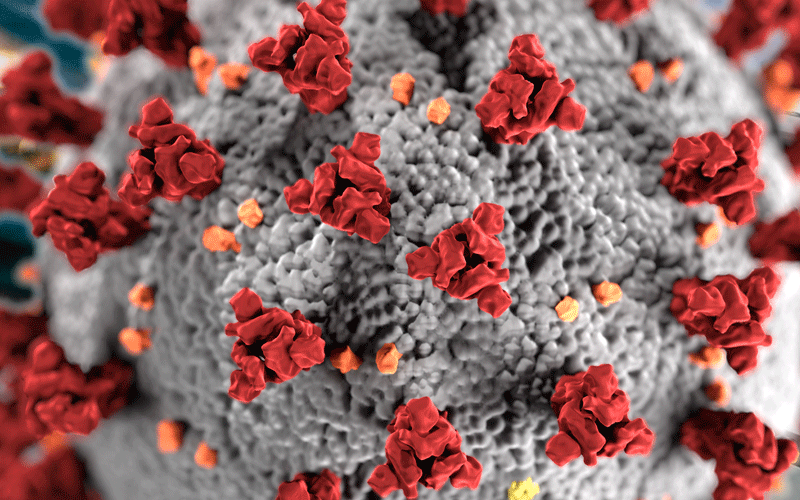Experts: One Health approach to help combat zoonotic diseases in Africa

If African countries are to successfully combat zoonotic diseases, human health, animal health, and environmental health must be treated as one interconnected system.
This was revealed in Accra, Ghana, during the second global congress on new and emerging genetic biocontrol technologies.
Speaking during the meeting, Misheck Mulumba, the congress president said that, there is no way Africa is going to win this fight if different departments keep seeing rise of zoonotic diseases as a problem for one department and not their mandate.
“It is important that different practitioners in all the three departments to work together to combat these infections. These three departments should stop pointing fingers but should instead work together to solve the problems the continent has,” Mulumba said noting Africa must embrace One Health approach.
One Health approach is a collaborative, multisectoral, and trans disciplinary strategy that recognizes the interconnection between human health, animal health, and the environment.
It emphasises that diseases affecting humans often originate from animals and are influenced by environmental factors, making it essential for experts from different fields such as medicine, veterinary science, environmental science, and public health to work together to prevent and control health threats. With 75 per cent of emerging and reemerging diseases originating from animals, Mulumba notes,
it’s clear that tackling these infections requires a collaborative approach. Apart from that, the continent needs to invest in rapid detection, response, and control mechanisms to curb disease outbreaks before they escalate into global health emergencies.
“One health approach is not only cheaper but also ensure chances of success. A number of governance approaches have been adopted by various countries to implement this approach to managing zoonotic infectious disease on the continent,”he added.
Fredros Okumu from Ifakara Health Institute said that there is also need for integrating One Health principles with emerging technologies like gene drives because this technology offers a targeted method to control disease-carrying vectors such as mosquitoes and rodents.
Gene drive technology works by modifying animal genetic makeup to reduce their ability to transmit infections. This integration, according to Okumu, provides a sustainable and cost-effective way to curb zoonotic threats.
According to him, even when integrating this technology the three departments should work together because collaboration across these sectors will ensure that the technology is developed and deployed responsibly, with careful assessment of its ecological impact.
“Gene drives might be the answer to our problems in Africa. Because this technology can be used in high transmission settings as well as low transmission settings,” noted Okumu.












